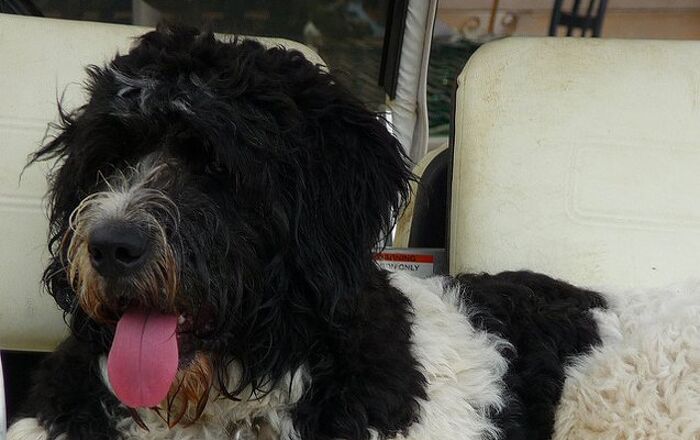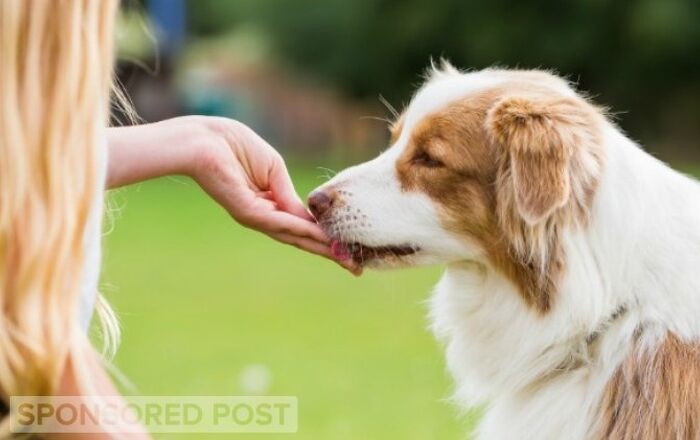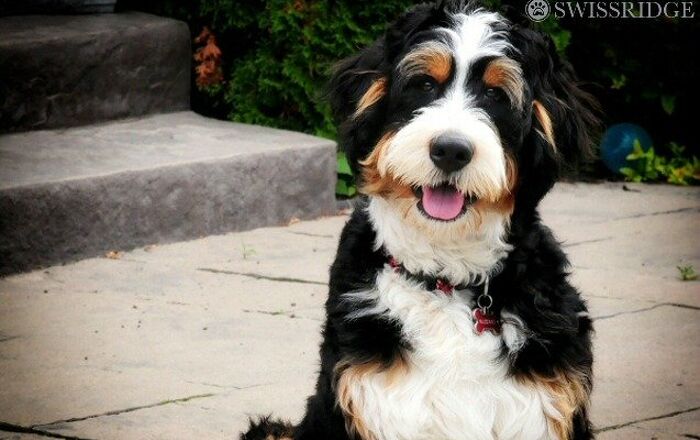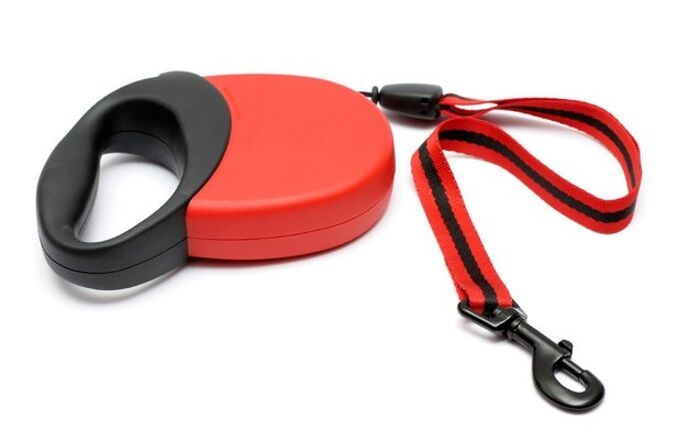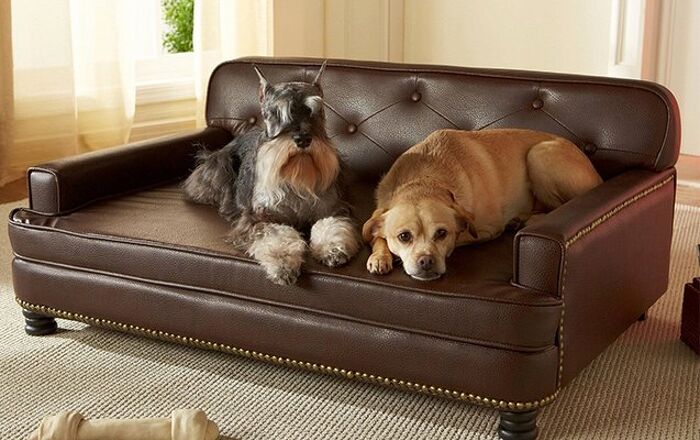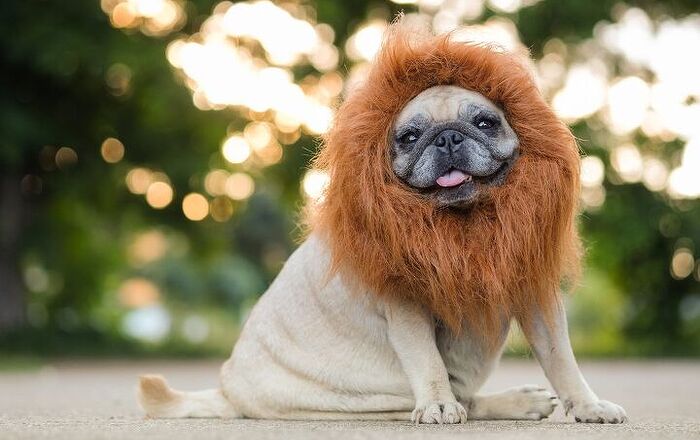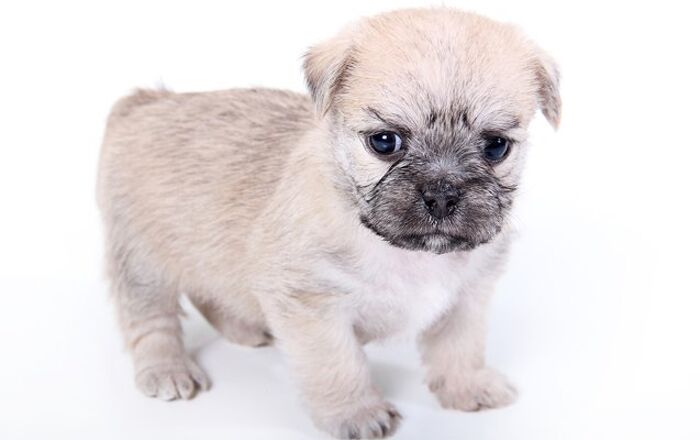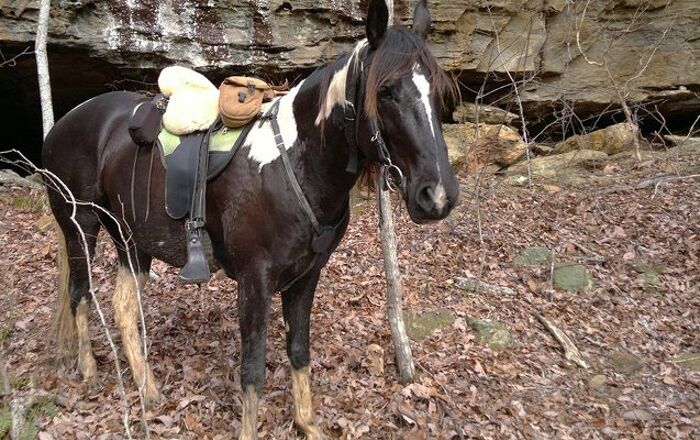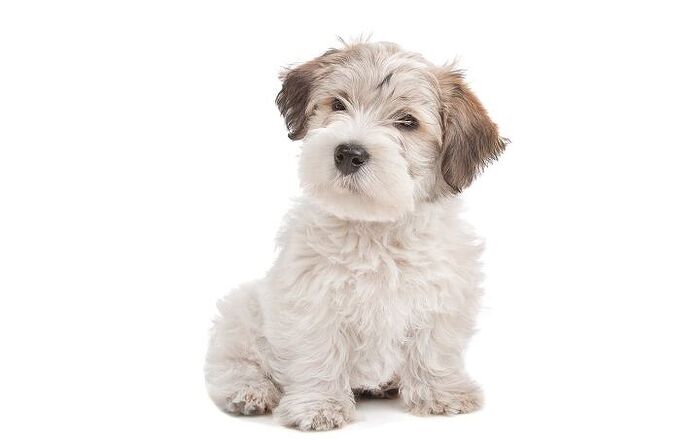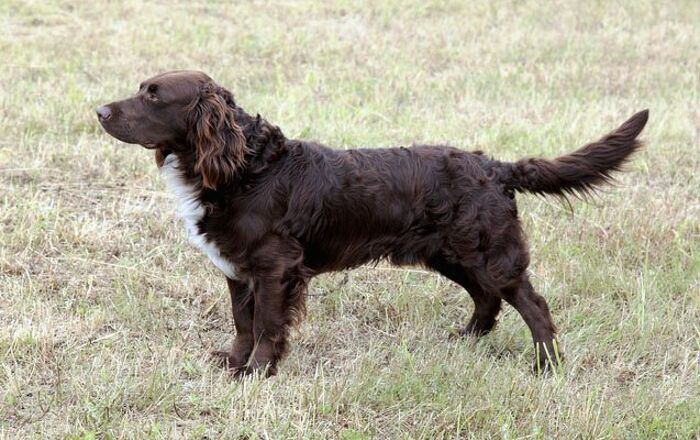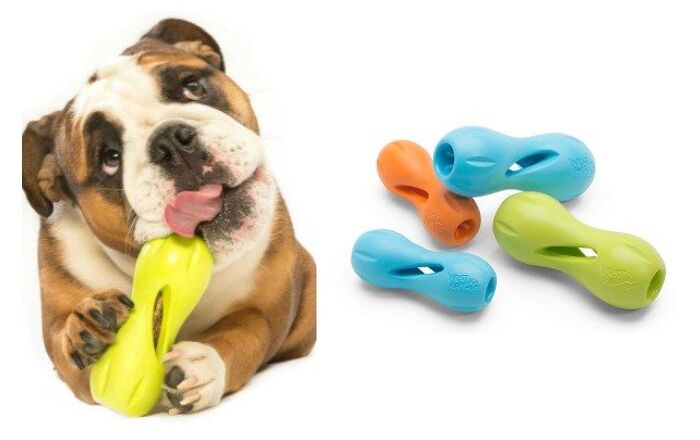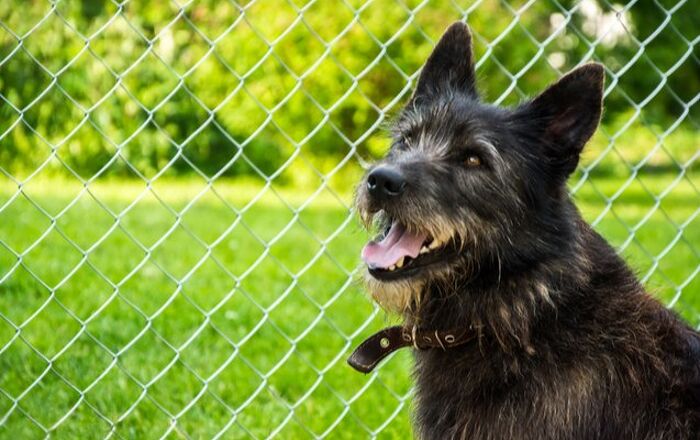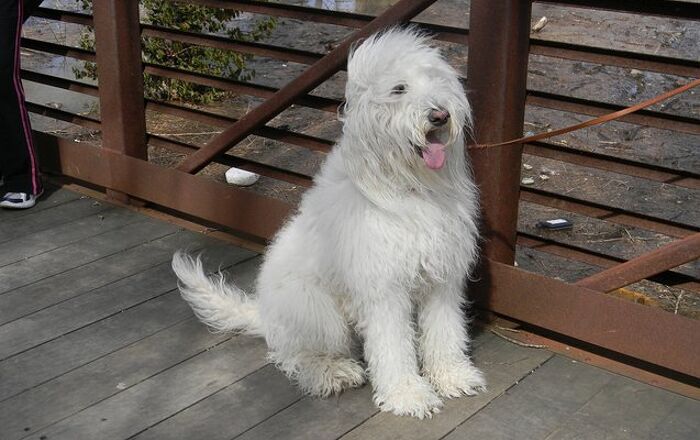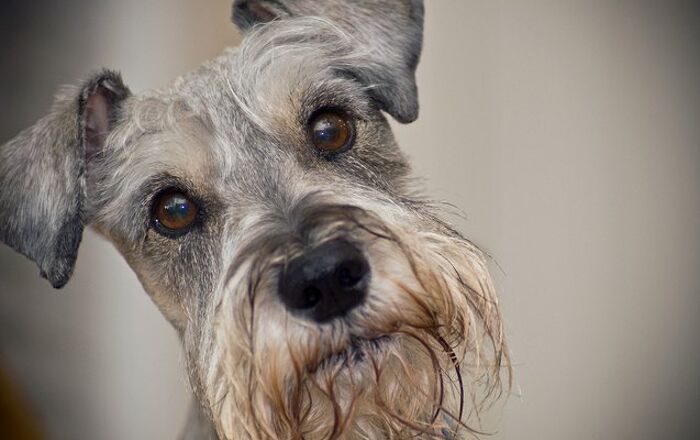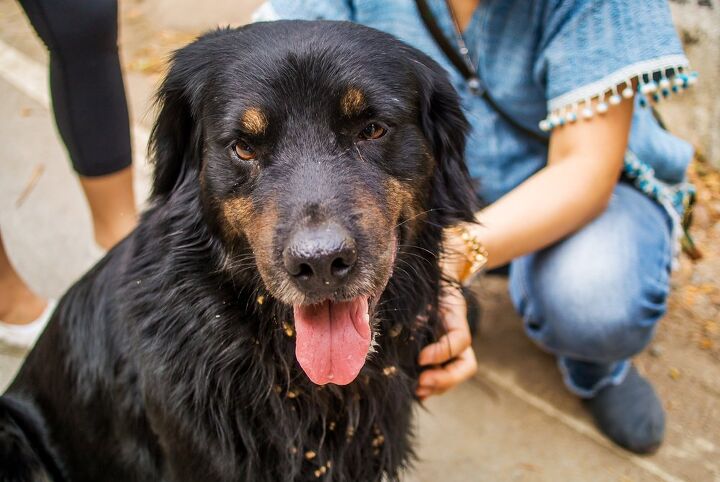
Golden Rottie Basics
The loyal and friendly Golden Rottie is a devoted and protective family pet that brings together the best of two large breed dogs; the calm, confident nature of the Rottweiler and the gentle, friendly personality of the Golden Retriever. While the plus is that you get a playful, active dog that is up for anything and loves to hang out with his human pack, he is also a highly alert dog that feels protective of his family and will readily bark when he senses strangers or noises. The downside can be that this becomes a problem if he isn’t socialized when young and becomes ultra-sensitive to unexpected sounds or new faces – reacting strongly and barking incessantly or becoming aggressive. When successfully socialized, this big boy is friendly towards kids, other family pets and dogs and is a joy to have as a family pet.
The friendly Golden Rottie is a fun-loving family dog that brings together the confident Rottweiler and the gentle Golden Retriever.
Origin
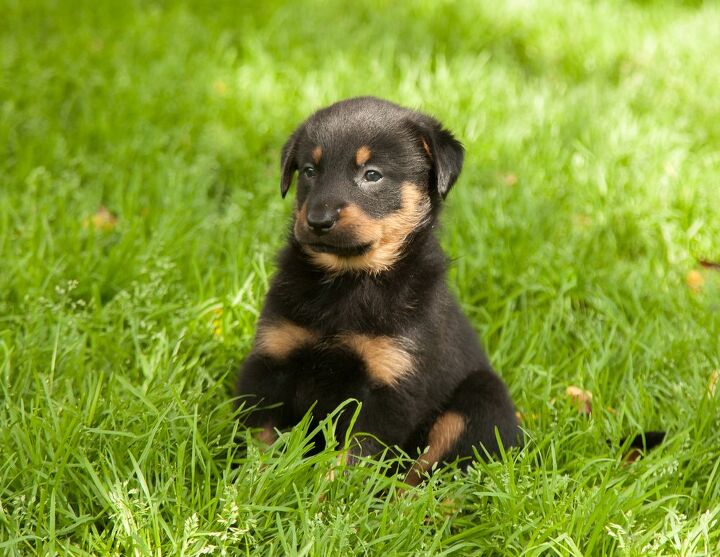
Your Golden Rottie is a Designer Dog which means he was likely first developed back in the 1980s when the crossing of two (or more) pure-breds was done to arrive at a dog that is healthier, sometimes non-shedding and often smaller and gentler than many of the popular breeds of the day. With the Golden Rottie, his parent breeds are the Golden Retriever and the Rottweiler and while his Designer status means he himself is a relatively new breed, both parents have some pretty impressive history. Although the Rottweiler may well date back to the Roman Empire where he is thought to have descended from Roman Drover dogs, his more recent history includes pulling butcher’s carts laden with meat in 19th century Germany and later, active duty as a guard dog in World Wars I and II. The Golden Retriever was developed in Scotland back in the mid-1800s as a solution to the need for a dog that was adept at retrieving downed waterfowl on both land and in water. Today, there are American, Canadian and British variations on this popular breed all of which include a loving, gentle nature.
Pedigree
The American Kennel Club (AKC) has a commitment to advocating only for pure-bred dogs over mixed breeds, which means the Golden Rottie doesn’t qualify to join its coveted registry. That said, both of this dog’s parent breeds are long time AKC members who have proven to be highly popular breeds with North American families. The Golden Retriever was inducted back in 1925 to the AKC “sporting” group and is described as a friendly, intelligent and devoted dog. The Rottweiler became a member of the “working” group in 1931 and he’s considered to be a loyal, loving confident guardian.
Food/Diet
Every dog needs to be fed a nutrient-rich diet that is specifically designed to meet his needs from a size, age and activity level. With your Golden Rottie being a muscular, highly active pooch, a diet that is rich in protein is ideal. Because the Rottweiler side of this dog may be prone to bloat, it’s important he receive smaller meals that are staggered throughout the day versus being allowed to free feed as he sees fit. And no exercise or heavy activity should be planned for within an hour after his eating. This dog is heavily prone to joint issues later in life so its important you establish and maintain an ideal weight by not allowing him to over-eat. And to avoid the problems that can arise when a constantly hungry dog is around people or food (mooching!), its important you ensure that while his food is high in protein that will satisfy his hunger, it’s also low in fillers (carbohydrates) that may cause him to overeat to feel full.
The people-loving Golden Rottie is devoted to his family pack and makes a great watchdog.
Training
The Golden Rottie’s parent breeds are both very intelligent and when you combine the Golden’s eager-to-please personality and the Rottie’s ability to retain commands without the need for constant repetition, training this pooch is a fairly easy procedure. Because he is a larger dog, it’s important you teach him the basic commands – sit, come, down, stay and leave it, while he is still young as they can become nuisance behaviors in a big dog (particularly “down”) after he has reached adulthood. Now, many believe that a dog like a Rottie requires dominance training, where the pack-leader is established as being the owner versus the dog. This type of training should never be aggressive and can be achieved by establishing rules and boundaries and then reinforcing them using a firm, consistent approach. Many dominant breed dogs simply need to be given a job that will make them feel like they are fulfilling their role in the pack – this can be as easy as having him carry his ball, a stick or a backpack on your walk or hike. And because this dog has the Golden’s need to please his peeps, be sure to offer up loads of verbal praise and treats when he does a good job.
Weight
Once he reaches adulthood, a healthy weight for the solid Golden Rottie will be somewhere between 70 and 90 pounds depending on gender and which side of the DNA pool his genes lean toward; Golden Retriever or Rottweiler.
Temperament/Behavior
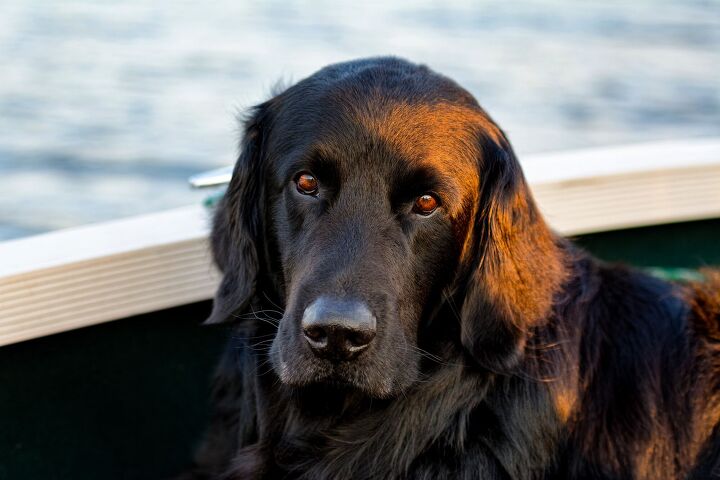
The Golden Rottie is a loyal, devoted family pet that is confident, gentle and always affectionate. In spite of his large size, this dog is gentle and loving, getting along well with kids and other pets when he’s been properly socialized. Because he is highly loyal and protective of his family, he won’t hesitate to bark to warn of what he perceives to be danger – such as new faces or sounds. While this makes him a great watchdog, it also means that he can become a nuisance barker unless his socialization has helped him accept new faces and become comfortable in different situations. The Golden Rottie thrives on human companionship and considers himself a big part of the family unit – wanting nothing more than to hang out and do whatever his people are doing. As Golden Retrievers are known to suffer from separation anxiety, you may very well experience that with this dog and it may be something you need to watch for and work on. Stress from being alone can result in destructive behaviors, as can a lack of exercise or mental stimulation.
Common Health Problems
Typically, a Designer Dog is considered healthier than their pure-bred parents because they have been crossed with the intent of limiting or eliminating known medical issues. That said, it’s important you understand what your new family member may inherit down the line and with the Golden Rottie that can include joint issues from both parents, certain cancers and allergies from the Golden Retriever as well as bloat and aortic stenosis from the Rottweiler. While it may seem like a daunting list to take on with a new pup, the Golden Rottie is still considered a healthy dog that may never experience any of these health issues in his lifetime.
Life Expectancy
The Golden Rottie will need regular exercise, a top-quality food designed for his age and size as well as preventative maintenance check-ups with your vet to ensure he lives a long, healthy life. As a result, you can expect him to live between 10 and 12 years; which is fairly typical for a larger dog.
Exercise Requirements
While your Golden Rottie is a great choice for an indoor companion, he can’t be confined to a house all day and have a quick romp in the yard considered a reasonable substitute for the serious exercise he needs. This big boy needs a good long walk, run or jog of at least 1 to 2 hours a day (at one time or combined) as well as some agility training such as catching a ball or frisbee to keep hm mentally stimulated. If you don’t meet his need for a physical outlet, he can become restless bored and pick up destructive behaviors that can range from barking to chewing to urinating / defacating in your home. Visits to an off-leash dog park is another great way for him to interact and socialize with other dogs as well as burn off some of his boundless energy.
The Golden Rottie is a loyal, devoted family pet that is confident, gentle and always affectionate.
Recognized Clubs
Because the Golden Rottie (AKA the Golden Rottie Retriever) is a cross of two different pure-breds, he does not qualify to join the coveted American Kennel Club (AKC) which is dedicated solely to promoting pure-bred dog breeds. At this time, this dog is also not recognized by any of the other, lesser known registries.
Coat
While your Golden Rottie’s coat may vary between that of the long-haired Golden Retriever and the shorter Rottweiler, it will typically lean towards the length of the Golden which results in a medium- to long- haired dog, but with the Rottie’s markings. Because Goldens are known to be heavy seasonal shedders, expect to brush your pooch between 3 to 4 times a week to keep his coat looking its best throughout the year – with daily brushing during shedding season. Keeping him brushed not only cuts down on the hair flying around your home and vehicle but it also prevents matting and tangling that can be a problem with longer-haired dogs. Bathing should be done only as needed however because this dog has floppy ears that fold over, extra care needs to be taken to inspect and clean them out – which needs to be at least once a week. If debris and bacteria are allowed to build up, you can run into a smelly yeast infection and a painful time for your pooch. Particularly after he’s been swimming – which this dog absolutely loves to do – ensure his inner ears have thoroughly dried.
Puppies
Golden Rotties can be expected to have a litter size of between 6 and 10 puppies that are large enough to be gently handled from birth. Because these babies come from two intelligent dog breeds, they will be easy to train and should start picking up basic commands starting from a couple of months of age. Socialization will be an important part to raising a well-adjusted dog that will get along well with kids and other animals and this process can also be started from an early age. Gentle exposure to new faces, other animals, sights and sounds that is done slowly and over time – typically between 2 and 4 months of age – will help the new pup build confidence in a controlled environment. This tiny family member may also be prone to bloat as he grows so once he’s onto kibble, ensure his intake is monitored, provided over several meal periods and capped as he reaches maturity (near the 18- to 24-month mark). Obesity from over-eating and receiving fatty or carb-laden treats can be a serious problem for the Golden Rottie as joint issues later in life may be exacerbated if he is overweight.
Photo credit: Eakwiphan Smitabhindhu/Shutterstock; Rutina/Shutterstock; Bryan Neuswanger/Shutterstock

